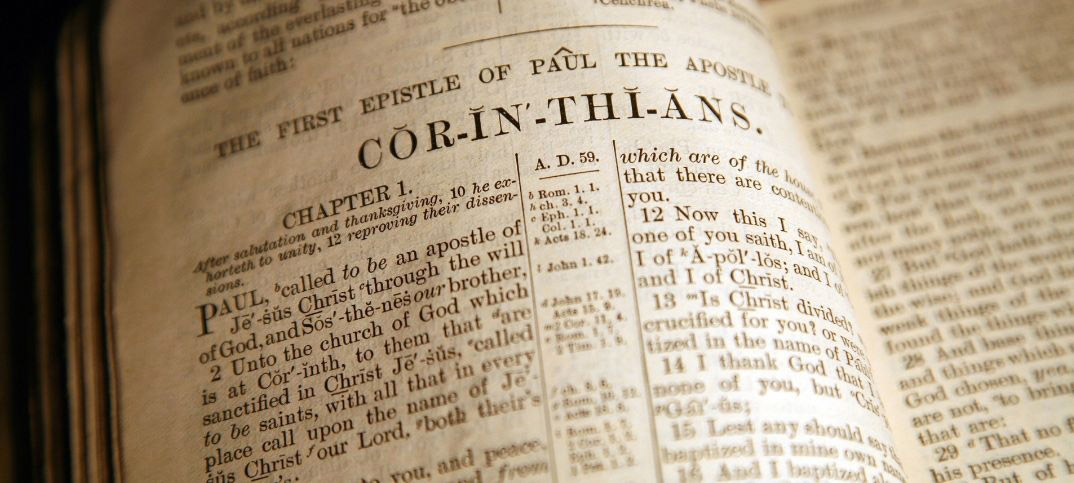“Paul, an apostle (not from men nor through man,
but through Jesus Christ and God the Father who raised Him
from the dead), and all the bretheren who are with me,
to the churches of Galatia”
– Galatians 1:1-2 –
Paul’s letter to the Galatians is truly extraordinary. Its six chapters present a synthesis of salvation in Christ and Christian freedom.
In chapter 1, Paul presented himself as an apostle called directly by Christ and as a bearer of the grace and peace of the Almighty God. He was surprised by hoe quickly the Galatians turned away from the gospel of Christ, embracing a false gospel. He condemned those who were corrupting the gospel (vv. 6-9).
Paul was the bearer of the divine message he had received from Christ. It was extraordinary to know that a violent persecutor of Christians joined the ranks of Christ to be a preacher to the Gentiles. He, a zealous and learned Jew, did not resist the divine call, gave his heart to Christ, devoted himself to deepening the kknowledge of the Scriptures, and learned to get along with the other leaders. He definitely changed his life; before, he pursued and destroyed Christian churches; now, he was the one being persecuted and building up churches (vv. 13-24).
Those who meet Christ become a new person; they change their values, their behavior, their priorities, and their lifestyle, and their lives find meaning as they become committed to the mission. Paul’s life, like a doxology, was a songthat glorified divine greatness and majesty.
Fabricio and Gabriela have been young missionaries in the “Caleb Project” since the time they were single. Today they are married and have a little daugther. They walk between two and three kilometers a day to give Bible studies under the blazing sun in temperatures exceeding 100 degrees Fahrenheit.
“I take my daugther because I want her to grow up knowing she’s a Caleb,” says Fabricio, who earns a living for himself and his family, but always combines his work as a builder with that of Bible instructor and preacher. The couple dedicate their vacations as Calebs for the fulfillment of the mission.
They begin every day every day at 4 a.m. with a meditation at church for the young people involved in mission. Then he does his work as a builder between 6 a.m. and 2 p.m. In the evening, he gives Bible studies, and after he finishes preaching, he returns home at night. What is his motivation? “There is nothing I can do that exceeds what God did for me; so I do everything for Him.”
Thank God for these young people and so many others
who inspire us and lead us to make commitments.
Like Paul, they and all of us can be revived by a passion;
we can dedicate our talents and resources for the return of Jesus.
“The Christian should be a living doxology” (Luther).
Be blessed, my beloved readers….










